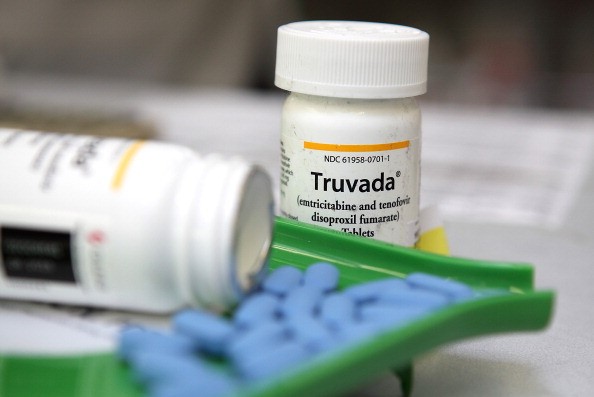
Taking two pills before and after having sex can greatly reduce a person's odds of getting HIV. This is the finding of a new study of 400 high-risk gay men and transgendered women that was published in conjunction with World AIDS Day.
The medication is a combination of two drugs, tenofovir and emtricitabine, in one pill that is sold under the name Truvada. It was approved by the U.S. Food and Drug Administration in 2012 to prevent HIV infections and was intended to be given daily.
This study, although relatively small and short, suggests that the drug can be taken as needed rather than daily. However, the study did not directly compare the protection rate to that seen in people who took Truvada daily. The study was funded by the drug's maker, Gilead.
Previous studies had suggested that prescribing a pill once a day for people at high risk for contracting HIV is effective no more than 42% of the time because people do not always take the pills. This study was intended to study if taking the pill before and after having sex would improve a person's adherence to the drug.
In the study, known as IPERGAY, shows a higher level of protection with Truvada than seen before. Half the participants were to take Truvada and the other half to take a placebo. They were instructed to take two pills 24 hours before a sexual encounter, one pill 24 hours after the encounter, and a fourth pill 24 hours after that. If the sex continued, they were to take one pill a day until 24 hours after it ended. They were also instructed on how to practice safe sex.
Fourteen people taking placebo contracted HIV, while only two people assigned to take Truvada contracted the virus, and they turned out not to have taken their pills. These results showed that Truvada reduced the infection rate by 86%, and it was considered unethical to deny the medication to the entire group.
Taking the pills as needed appears to be more effective and could also reduce the cost of preventing HIV. Truvada costs between $1,000 and $1,200 a month in the United States if taken daily. The participants in this study were still at high risk for contracting other sexually transmitted infections.
You can read the entire study here.



